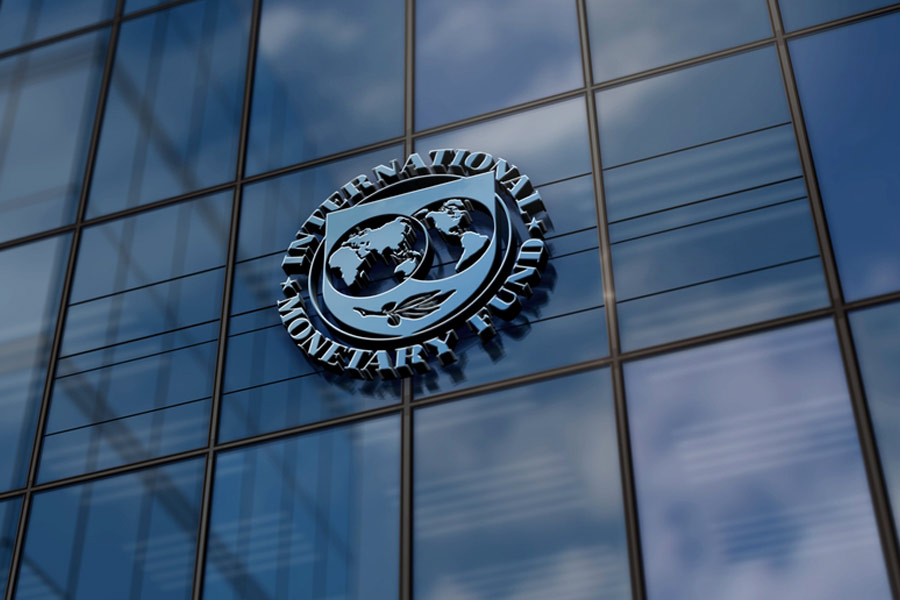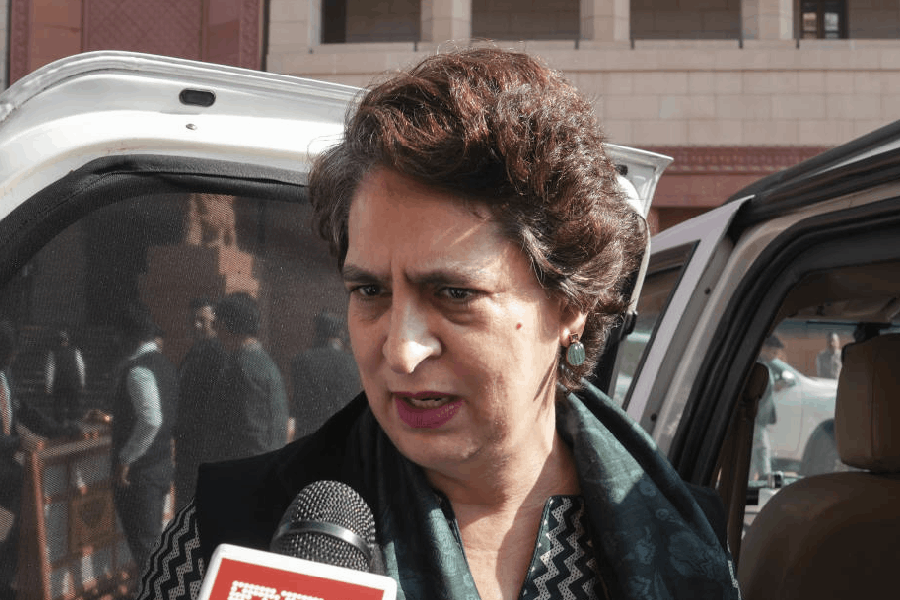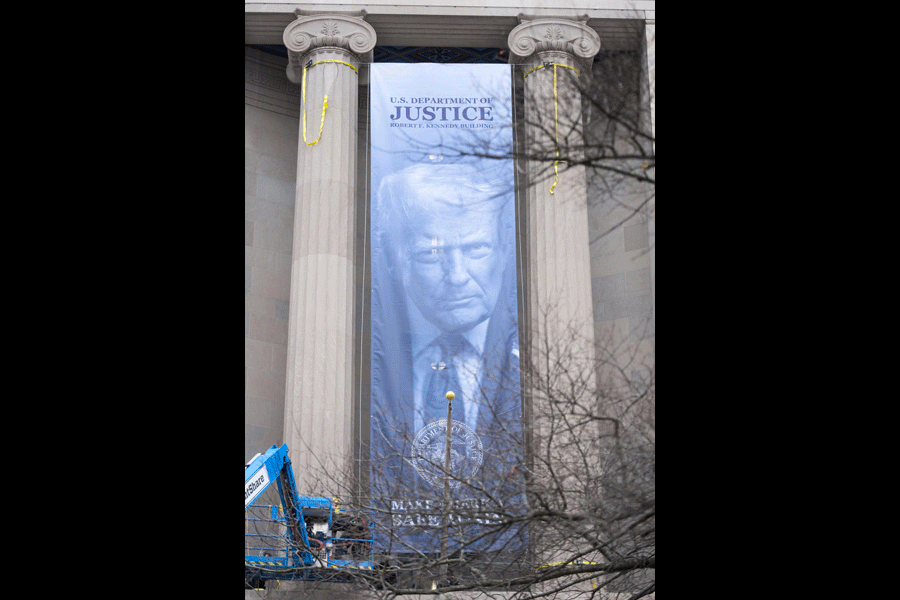The International Monetary Fund said Wednesday that Bangladesh sought an increase of about USD 762 million in financial support amid significant macroeconomic challenges, bringing the total financial assistance for the country under various arrangements to about USD 4.1 billion.
The IMF staff and the Bangladesh authorities have reached a staff-level agreement on the policies needed to complete the combined third and fourth reviews under the Extended Credit Facility (ECF), Extended Fund Facility (EFF), and Resilience and Sustainability Facility (RSF).
The staff-level agreement awaits IMF Executive Board approval and depends on prior actions, including tax reforms and full exchange rate liberalisation, the Fund said in a statement.
“Amid significant macroeconomic challenges, the authorities requested an augmentation of SDR (Special Drawing Rights) 567.2 million (approximately USD 762 million) in IMF financial support to Bangladesh under the ECF and EFF arrangements," IMF Mission Chief for Bangladesh Chris Papageorgiou said.
"This increase would bring the total financial assistance under the ECF and EFF arrangements to SDR 3,035.65 million (about USD 4.1 billion), alongside concurrent RSF arrangements of SDR 1 billion (about USD 1.3 billion),” Papageorgiou added.
Upon completion of the combined third and fourth reviews, SDR 983.8 million (about USD 1.3 billion) will be made available, comprising SDR 650.5 million (about USD 874 million) under the ECF and EFF and SDR 333.3 million (about USD 448 million) under the RSF.
IMF noted that the Bangladeshi economy remains under pressure from ongoing challenges and rising external financing requirements.
As announced in December 2024, the authorities have requested an augmentation of IMF support of about USD 760 million to help preserve macroeconomic stability and enhance the country's resilience to external shocks, it said.
“Impacted by disruptions from the popular uprising, real GDP growth slowed to 3.3 per cent year-on-year (y-o-y) in the first half of FY25; however, it is projected to rebound in the second half reaching 3.8 per cent for the full fiscal year," it said.
It said that to address the emerging external financing gap and support a continued decline in inflation, near-term policy tightening is essential.
IMF said strengthening governance and promoting greater transparency are essential to improving the business environment, attracting foreign direct investment, and broadening the export base beyond the ready-made garment sector.
“Institutional reforms to bolster the independence and governance of Bangladesh Bank will be essential for ensuring long-term macroeconomic and financial stability and for the effective implementation of broader financial sector reforms,” the agency said.
Except for the headline, this story has not been edited by The Telegraph Online staff and has been published from a syndicated feed.











